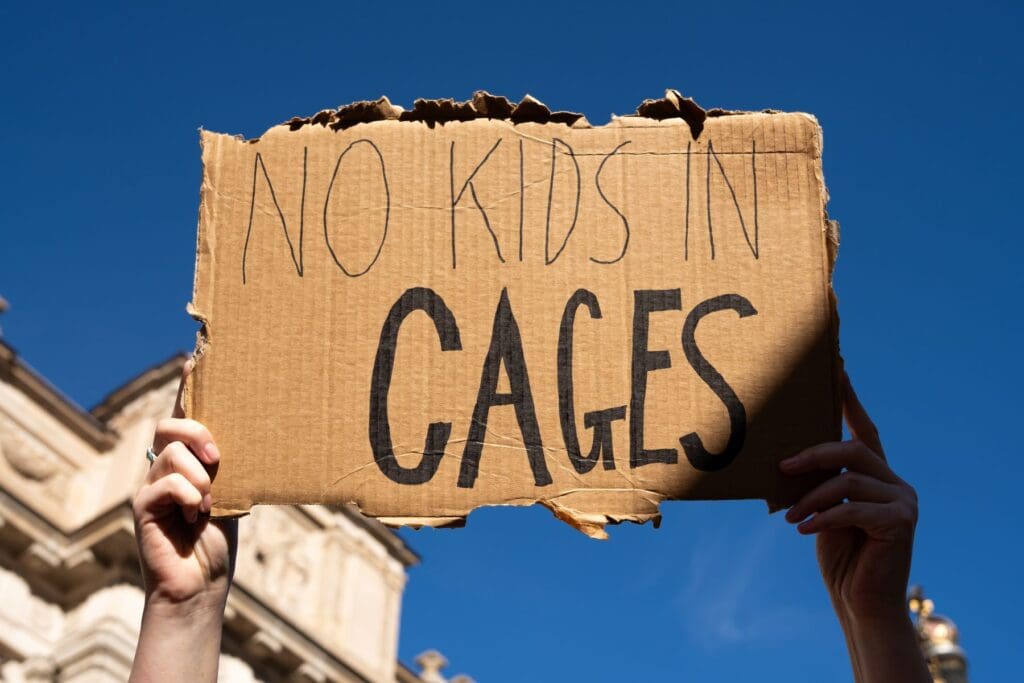Death in custody: Coronial inquest into the death of Aboriginal woman Tanya Day continues
Media Alert: Smoking Ceremony and Press Conference
Who: The Family of Tanya Day and their lawyers from the Human Rights Law Centre
When: 9.15am, Tuesday 19 March, 2019
Where: Victorian Coroner’s Court forecourt, 65 Kavanagh St, Southbank
Contact: Michelle Bennett: 0419 100 519
The second directions hearing into the tragic death in police custody of Yorta Yorta woman, Tanya Day, will be held on Tuesday 19 March.
Tanya Day died in hospital on 22 December 2017 from a brain haemorrhage after falling and hitting her head in the cells of the Castlemaine police station on 5 December 2017. Tanya Day had been locked up by police for public drunkenness – an offence that the Royal Commission into Aboriginal Deaths in Custody and numerous subsequent reports recommended be abolished because of its dangerous and discriminatory impact.
Tanya Day’s daughter, Belinda Stevens, said: “The Victorian Government must abolish the offence of public drunkenness. We deserve justice. Our mum should have never been locked up – she should be with us today.”
At the first directions hearing in December 2017, the Coroner took the extraordinary step of saying that she will recommend the offence of public drunkenness be abolished and that she had already written to the Attorney General. Despite this, the Andrews Government has still not committed to getting rid of the law.
Media contact:
Michelle Bennett, Director of Communications Director, Human Rights Law Centre
Media Enquiries
Chandi Bates
Media and Communications Manager

University of Melbourne urged to drop repressive anti-protest and surveillance policies
The University of Melbourne is being urged to abandon policy changes that restrict staff and students’ right to protest and permit the widespread surveillance of people using their wifi network.
Read more
Expanded protections for marginalised groups welcomed in Allan Government’s anti-vilification laws
The Human Rights Law Centre welcomes the additional protections for marginalised groups in anti-vilification laws passed today by the Allan Government. These laws expand protections from vilification to include people from LGBTIQA+ and disability communities, and provide communities with important civil law avenues to address vilification.
Read more
Aboriginal human rights experts take Australia’s racist youth justice policies to the UN
Aboriginal leaders are calling on the United Nations to take urgent action to address Australia’s discriminatory and punitive youth justice policies
Read more


